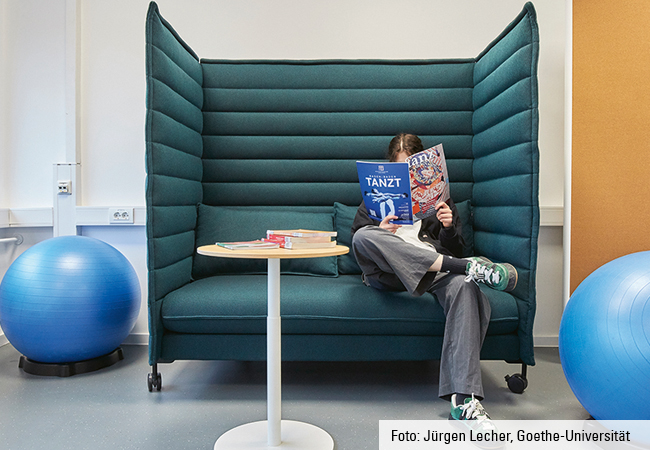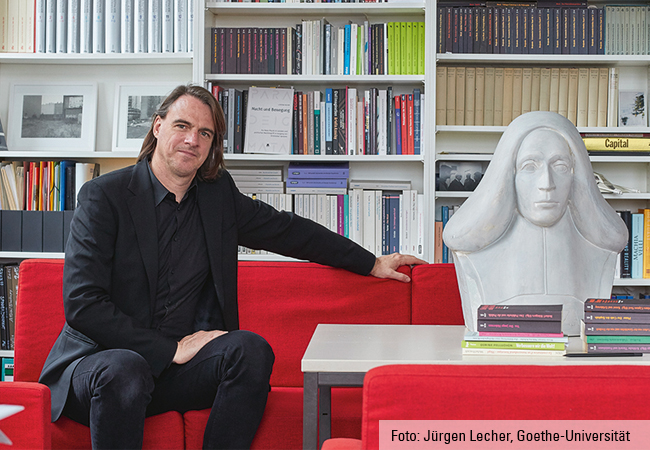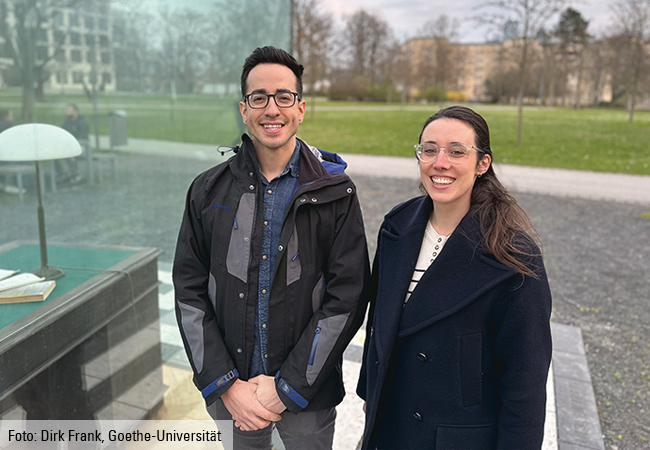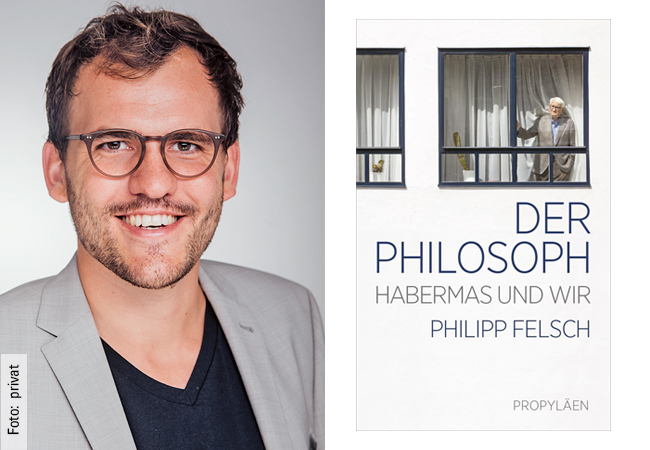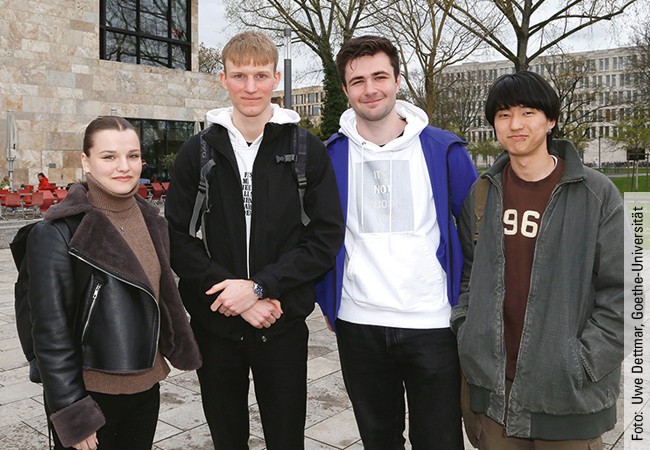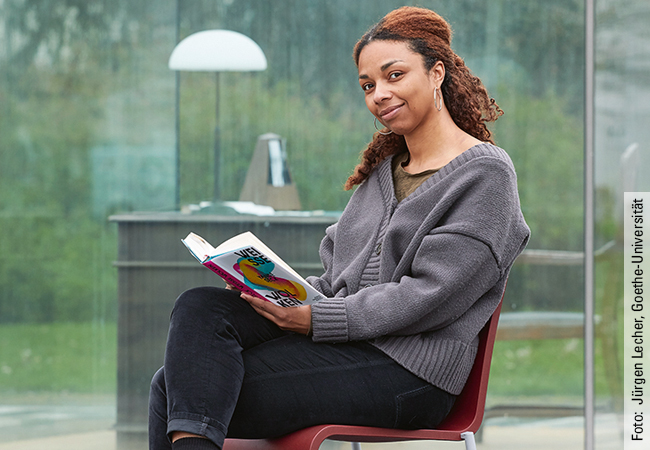The economies of China and Singapore are among the most dynamic migration regions in the world. But Japan and Korea also rely on the immigration of skilled workers. The competition for qualified professionals sets several million people on the move in these regions every year. The role that skills and education play in mobility is now being investigated by scholars on East Asia from the universities of Frankfurt and Duisburg-Essen, the Free University of Berlin, and the Max Planck Institute for the Study of Multiethnic and Multireligious Societies in Göttingen. The junior research group coordinated by Goethe University will receive a total of more than 2 million euros from the Federal Ministry of Education and Research (BMBF) for the next four years as part of the “Small Subjects ” funding initiative.
Aging societies in industrialised nations need skilled workers – specialists in the IT sector, in innovative start-ups, or from top universities. This applies to Germany as well as to the East Asian countries of South Korea, Singapore, China, and especially Japan. Because of their quality of life and lucrative renumeration, these countries are attractive for qualified migrants. But the recipe for success in the competition for the best brains is far from clear: What attracts well-trained specialists to Japan, South Korea, China, or Singapore? What facilitates, and what hinders the integration of skilled foreign workers? What social networks do skilled migrant workers develop? What role does their own initiative for further qualification, their ethnicity and nationality, their gender and multilingualism play? And what causes skilled workers to return to their home countries after years?
“If a country’s immigration policy is to be sustainable,” explains project leader Dr Ruth Achenbach from Goethe University, “then we need to know exactly what the perceptions of migrants are.” The aim of the research project, which will receive funding by the BMBF of more than 2 million euros, is to examine the role of skills of migrant professionals. The researchers hope their findings will contribute to sustainable immigration policies in industrial nations.
In addition to Ruth Achenbach and Dr Joohyun Justine Park from the Interdisciplinary Centre for East Asian Studies (Goethe University), the academic team includes Dr Helena Hof (MPI Göttingen) as well as Dr Megha Wadhwa (Free University Berlin) and Dr Aimi Muranaka (University Duisburg-Essen). In addition, the researchers work with numerous external regional cooperation partners.
The research project will collect qualitative data in different East Asian countries over a period of three years. It will investigate the situation of East Asian start-ups in Japan and Singapore as well as East Asian professionals in South Korea; Chinese professionals in Japan, professionals who have returned to China, and Vietnamese IT workers and Indian professionals in Japan will also be interviewed. The Frankfurt sub-project also accompanies Chinese graduates of the 20 best Japanese universities from the beginning of their job-hunting to their first years on the labour market.
In the final year of funding, quantitative research will be conducted in the East Asin countries to test a theory developed from the qualitative research and previous migration research. In doing so, the researchers also aim to improve the dominant Western concepts of international migration research. Influenced by experiences of migration to America and Europe, these concepts assume that the economic situation in the country of origin and the country of immigration differ considerably. This is not necessarily the case anymore with East Asian labour migration and the project will differentiate between socioeconomic backgrounds of migrants.
The results of the empirical research as well as the development of theory will not only be published scientifically, but they will also be disseminated to the broader public. The project team’s dissemination activities include workshops for high school teachers in the subjects of politics and economics, and the release of a documentary film.
The researchers hope that their project will strengthen the “small subjects” by linking the researchers’ knowledge of these regions with current research questions from sociology, political science and economics, thus increasing the visibility of the small subjects.


